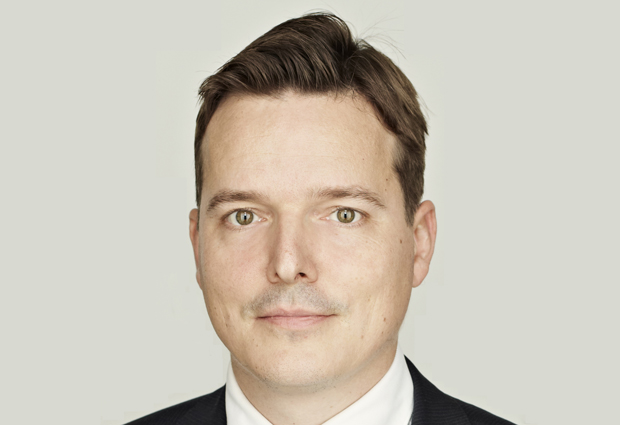
Pathways: Life science investment
A PhD doesn’t always mean a life in the lab. EMBL alumnus Joep Muijrers talks about making the transition from science into business

“I came out of the lab and all of a sudden I was responsible for business development,” says Joep Muijrers. Muijrers is a former PhD student at EMBL’s Heidelberg site and now an investor in life science companies. “You find yourself in the middle of it and you learn as you go.”
Jumping into a situation and teaching yourself what you need is something that many scientists will be familiar with. It’s easy to think of science and business as separate worlds, but Muijrers points to many skills that are common to both. The people who are most successful in making the transition, he says, are those who are “very open-minded. Who understand that there’s a lot of things they don’t know yet, and who don’t mind a challenge.” And in business, as in science, you have to put in the hours – “but there’s no way I would need to tell anyone at EMBL that!”
Muijrers came to EMBL in 1997. The subject of his thesis was ET recombination – a method for editing specific sections of DNA. It was more efficient than other techniques available at the time and made it possible to work with longer DNA sequences. In 2000, a group of four – including Muijrers and his supervisor Francis Stewart – founded EMBL spinoff Gene Bridges, a company focused on DNA recombineering. Muijrers became Director of Business Development.
There’s a lot of collective expertise there, and anyone is invited to tap into that
Eager to increase his financial knowledge, Muijrers moved to an investment bank and now works at Life Sciences Partners (LSP). LSP is one of the largest investment groups that specialises in medical innovation companies. The company manages funds for a mix of private individuals and larger institutions. Muijrers’ area of expertise is investing in listed companies. He recently moved to LSP’s offices in Boston, US. The Boston area, he says, is an exceptional place for biological research. “Europe is a very good area for innovative science and there are some very good companies there,” he explains. “But arguably there are not that many places like Boston as an ecosystem for life sciences and biotech. I haven’t been here a long time but what I’ve seen so far is quite amazing.”
His life now may be very different to that of a PhD student in Heidelberg, but Muijrers is clear about what he’s gained from his time at EMBL. “It’s much easier to have a background in molecular biology,” he says, “rather than trying to master molecular biology as an economist.” Having worked in research himself, Muijrers says he’s also better able to understand the companies he’s looking to invest in. “Any company I see will tell me everything is great. Everything is going to plan. Their science is fantastic and their products are fantastic – yeah, right! It never happens that way and that’s something you know if you’ve spent some time in a lab.”
Muijrers’ broad experience was also one of the reasons he was keen to get involved in the EMBL Alumni Association. He’s spent the last five years as a board member, and played a major role in securing sponsorship for EMBL’s 40th Anniversary Reunion in 2014. “I felt, if you really enjoyed your time so much at EMBL and feel you can add something that might be of value, then why not?” he tells me. Muijrers knows it’s not always easy for scientists to make contact with investors. This is one of the reasons he’s planning a new industry event at EMBL, starting in 2018. He’s also happy to talk to EMBL alumni and make introductions where he can. He emphasises that it’s a two-way street: as an investor, he benefits from the contacts he’s made via the alumni network. “There’s a lot of collective expertise there,” he says, “and anyone is invited to tap into that.”


